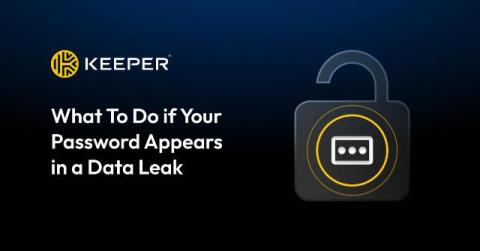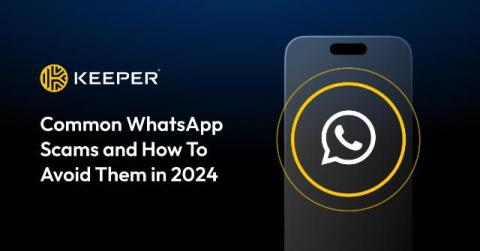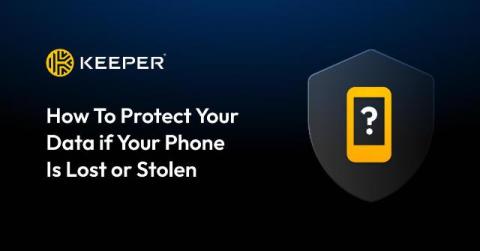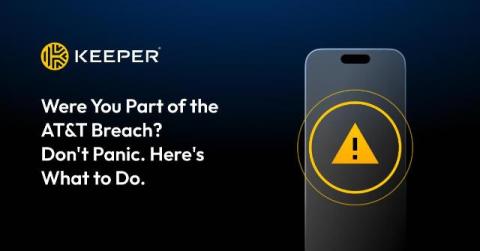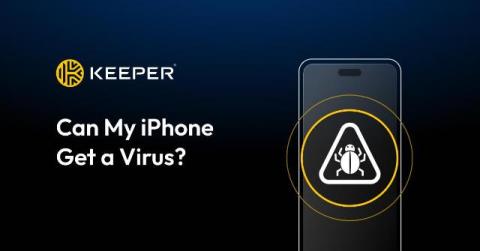Scams To Look out for During Amazon Prime Day
In 2023, Amazon Prime Day totaled $12.9 billion in sales in only 48 hours. With limited-time deals, many Amazon users get ready to shop during Prime Day and scammers use this to their advantage. As you get ready to shop, it’s important to be aware of the scams that take place before, during and after this event. Some common scams to look out for during Amazon Prime Day include phishing scams, spoofed Amazon websites and deals from other websites that seem too good to be true.



